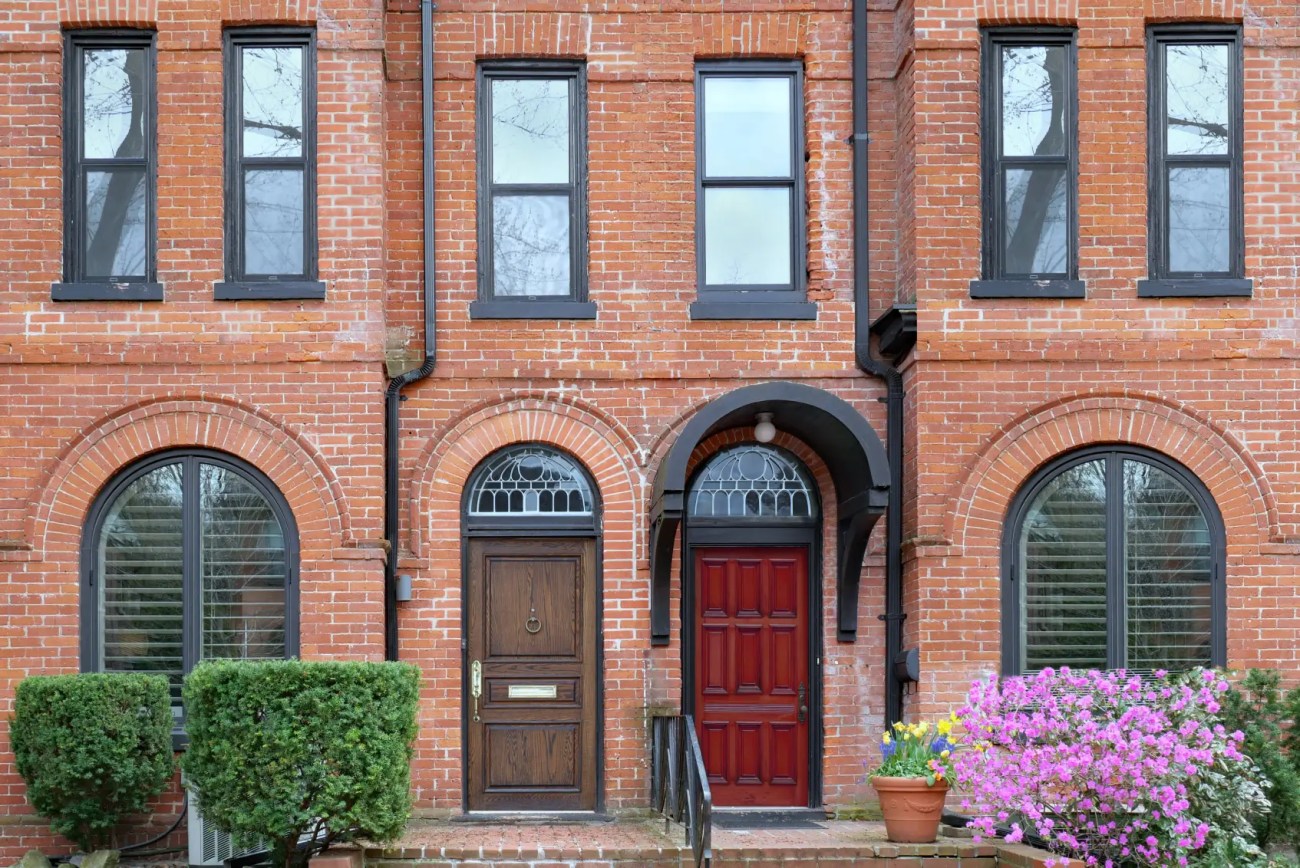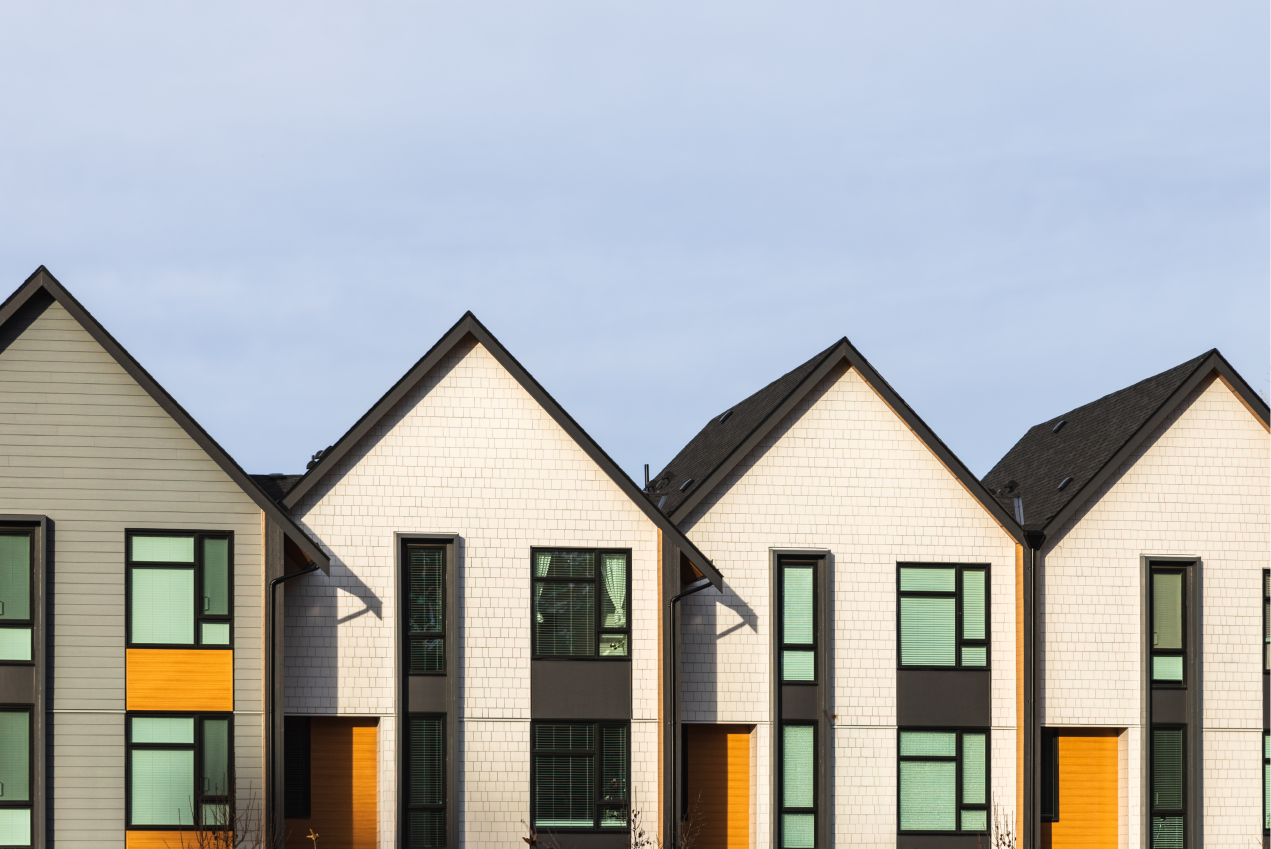Canada has multiple taxing systems for underused or vacant homes on both municipal and federal levels. These taxes are mainly designed to keep foreign buyers from holding unoccupied investment properties or occasional dwellings. Canada reinforced a federal tax (The Underused Housing Tax) on vacant homes in January 2022. Some cities have their own separate taxes for vacant or unoccupied residences. Vancouver was the first Canadian city to impose a vacant home tax in 2017. The tax followed a reported 7.1% in vacant dwellings, causing concerns about housing shortages and the effects of underused properties on Canadian buying and rental markets.
What is the Underused Housing Tax Act (UHTA)?
The Underused Housing Tax Act (UHTA) is an annual 1% tax on the ownership of vacant or unused housing. This is a Canadawide tax, so it’s applicable across the country. The UHTA mainly applies to non-resident owners.
With some exceptions, the following parties are required to pay a Canadian federal vacant home tax:
- Individuals who are not Canadians or permanent residents.
- Anyone who owns a residential property as part of a partnership.
- Anyone who owns a home as a trustee or a trust (doesn’t apply to personal representatives of deceased individuals).
- A corporate owner outside of Canada.
- Canadian corporations which are not listed as part of the Canadian stock exchange.
Who is exempt from the Underused Housing Tax Act (UHTA)?
Most Canadian permanent residents or citizens are not subject to the UHTA. Circumstances which may be exempt from paying the UHTA are as follows:
- Multi-use properties, homes that are temporarily uninhabitable from damages or during renovations, newly constructed properties or properties with changing occupants may be exempt from paying an underused housing tax.
- Vacation homes also have specific requirements and only need to be inhabited for 28 days instead of the 180 days required for most residential properties. If you have a cottage or vacation home in Canada you can use the underused housing tax vacation property designation tool to check your eligibility.
- If you have a child who’s living in the designated residence to attend college, you may also be exempt.
How do I pay a vacant home tax in Canada?
If you’re an owner required to pay the vacant home tax federally or municipally, you’ll need to file an Underused Housing Tax return for each residential property you owned in the previous tax year. You can file your underused housing tax electronically. Your financial advisor can help you process the return, establish how much you owe and determine whether you qualify for an exemption. If you’re exempt, you still need to file the return to demonstrate how. You’re also legally required to keep proof of exemption and be prepared to show it if asked. If you can’t demonstrate why you’re exempt, you may still be subject to charges. If you fail to pay this return when it’s due, you can be charged $5,000 as an individual or $10,000 as a corporation.
Do I have to pay a municipal vacancy tax?
In some cities you may need to pay a municipal vacancy tax as well as the 1% federally mandated UHTA tax.
Which cities have vacancy home taxes?
The following areas have municipal vacancy taxes in addition to federal vacancy tax:
- Vancouver Empty Homes Tax: Properties declared empty in 2022 were subject to a 3% tax of the property’s assessed taxable value. The rate increased to 5% in 2023.
- British Columbia Speculation and Vacancy Home Tax: Rates vary based on individuals, corporations and tax year.
- Toronto Vacant Home Tax: Mainly relevant to properties that are empty for six months or longer.
- Ottawa Vacant Unit Tax: Applies to residential properties that are vacant for more than 184 days.
What is the speculation and vacancy home tax?
British Columbia recently introduced the speculation and vacancy home tax in response to a housing shortage crisis across the province. This tax is separate from Vancouver’s empty homes tax and the Government of Canada’s Underused Housing Tax. You can find the full list of taxable regions to see if this tax applies to you. In some cities, British Columbia residents won’t have to declare speculation and vacancy home taxes until 2024.
This article offers general information only and is not intended as legal, financial or other professional advice. A professional advisor should be consulted regarding your specific situation. While the information presented is believed to be factual and current, its accuracy is not guaranteed and it should not be regarded as a complete analysis of the subjects discussed. All expressions of opinion reflect the judgment of the author(s) as of the date of publication and are subject to change. No endorsement of any third parties or their advice, opinions, information, products or services is expressly given or implied by Royal Bank of Canada or its affiliates.
Browse the newest listings in your area
OJOHome Canada Ltd. (“Houseful”) is a wholly-owned subsidiary of Royal Bank of Canada
20 King Street West, 8th Floor
Toronto, ON, Canada, M5H 1C4
833-709-1946
IDX information is provided exclusively for consumers’ personal, non-commercial use and that it may not be used for any purpose other than to identify prospective properties consumers may be interested in purchasing. Information deemed reliable but not guaranteed to be accurate. Listing information updated daily.
Houseful is committed to ensuring accessibility for individuals with disabilities. We are continuously working to improve the accessibility of our web experience for everyone. We welcome feedback and accommodation requests, please submit them here.
The trademarks REALTOR®, REALTORS®, and the REALTOR® logo are controlled by The Canadian Real Estate Association (CREA) and identify real estate professionals who are members of CREA. The trademarks, Multiple Listing Service® and the associated logos are owned by CREA and identify the quality of services provided by real estate professionals who are members of CREA. Used under license.
Please use the following address to send referral payments:
Lockbox: OJOHome Canada Ltd. PO Box 9479, Stn A, Toronto, ON M5W 4E1
Lockbox Number: T09479C
® / ™ Trademark(s) of Royal Bank of Canada. Used under licence.




